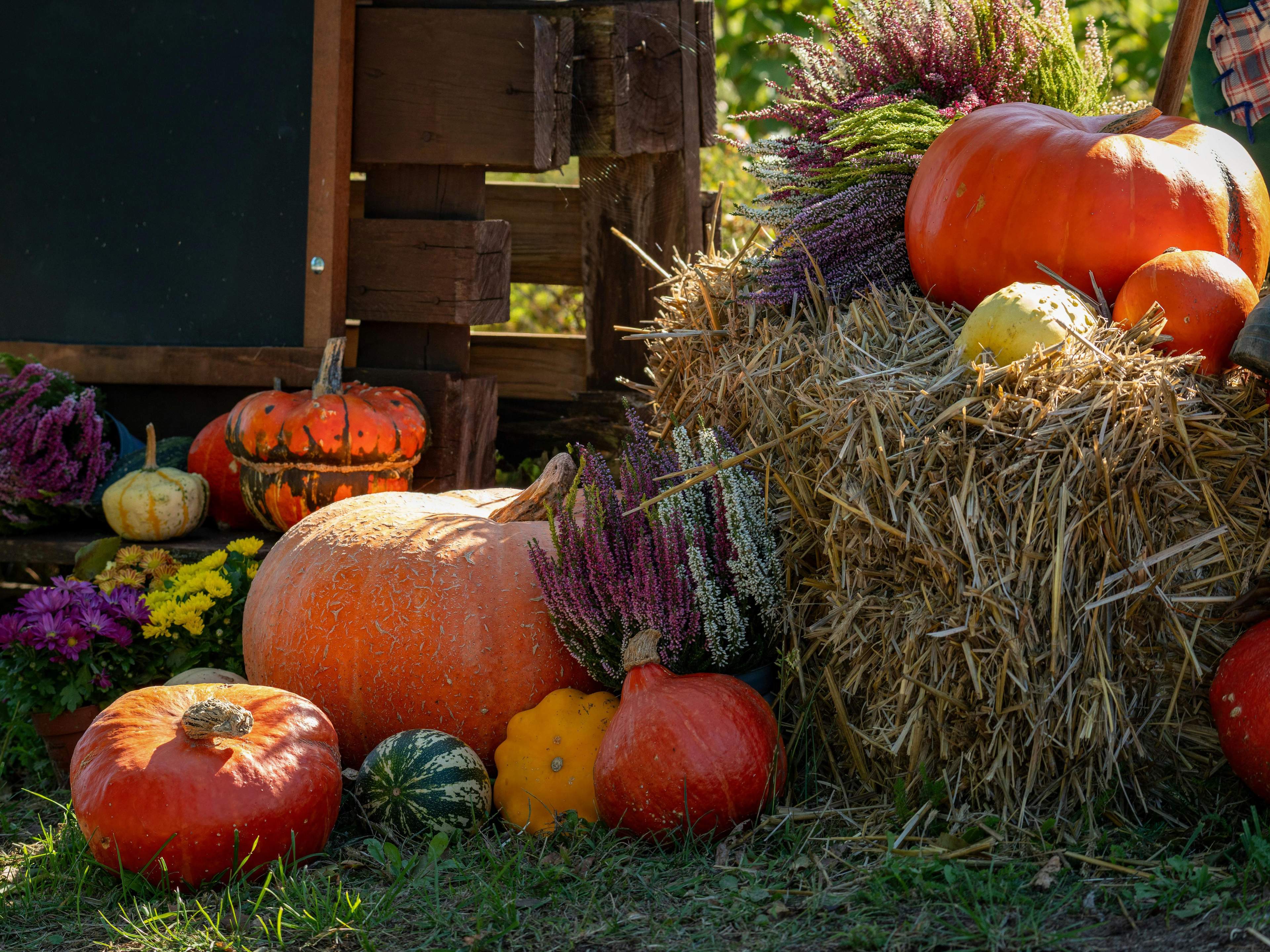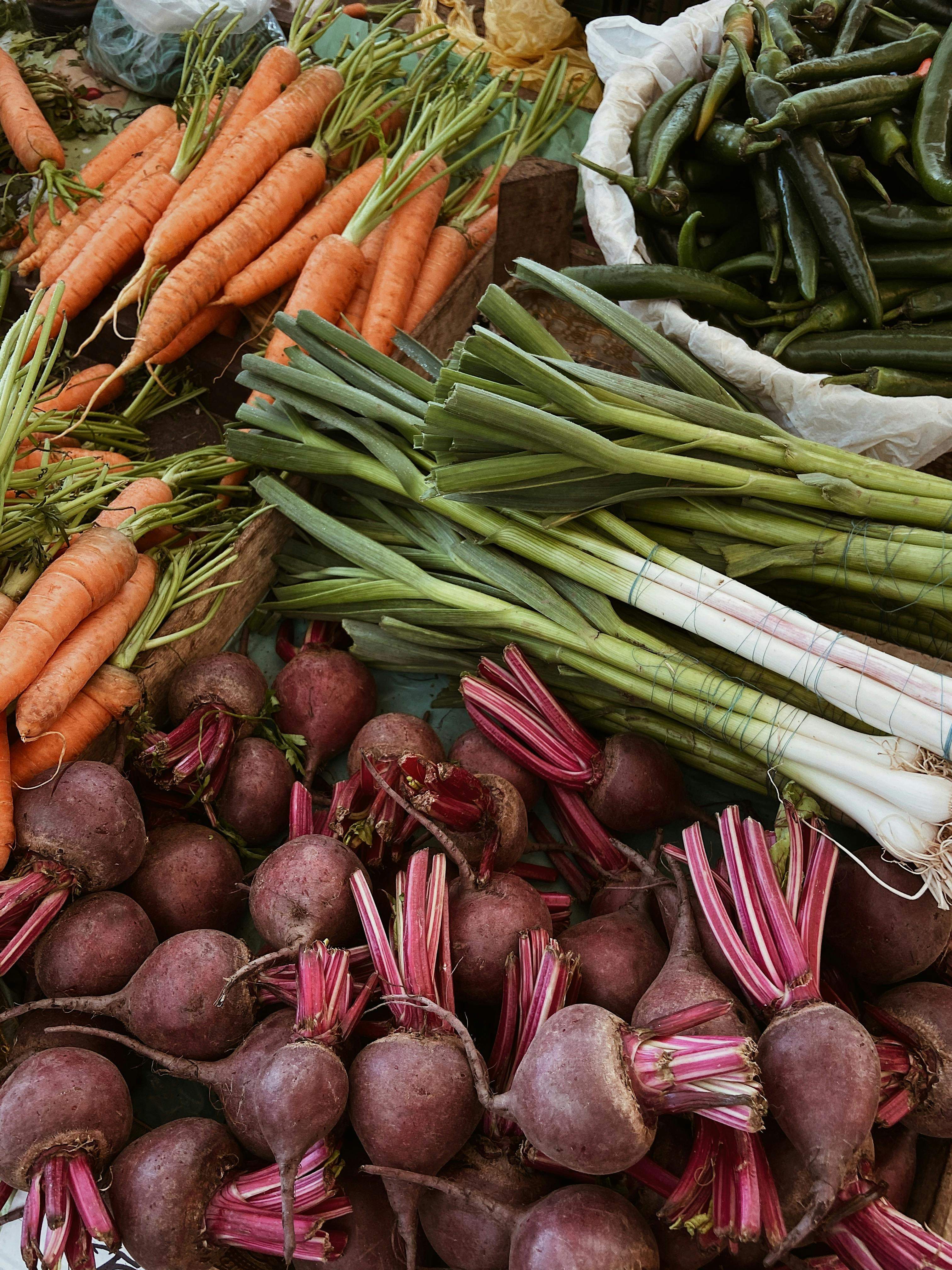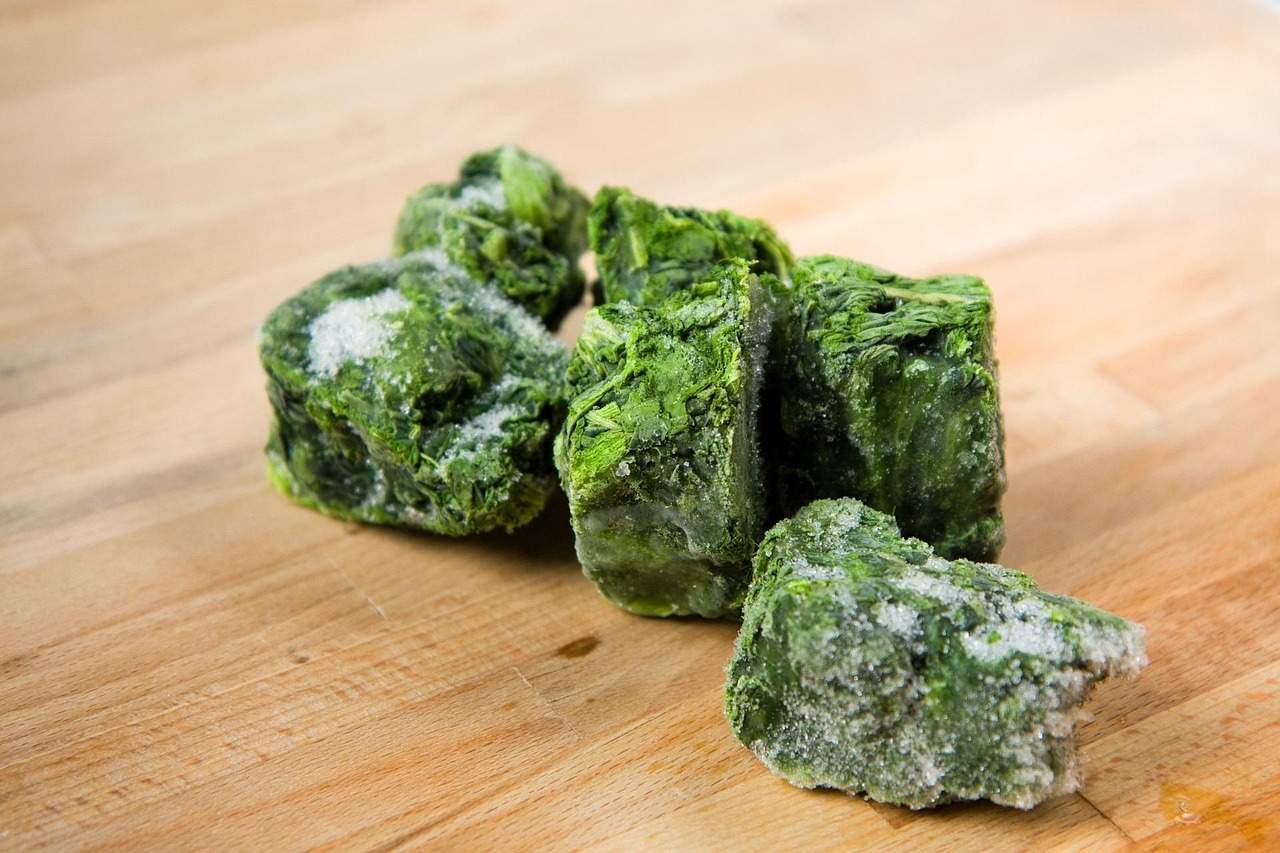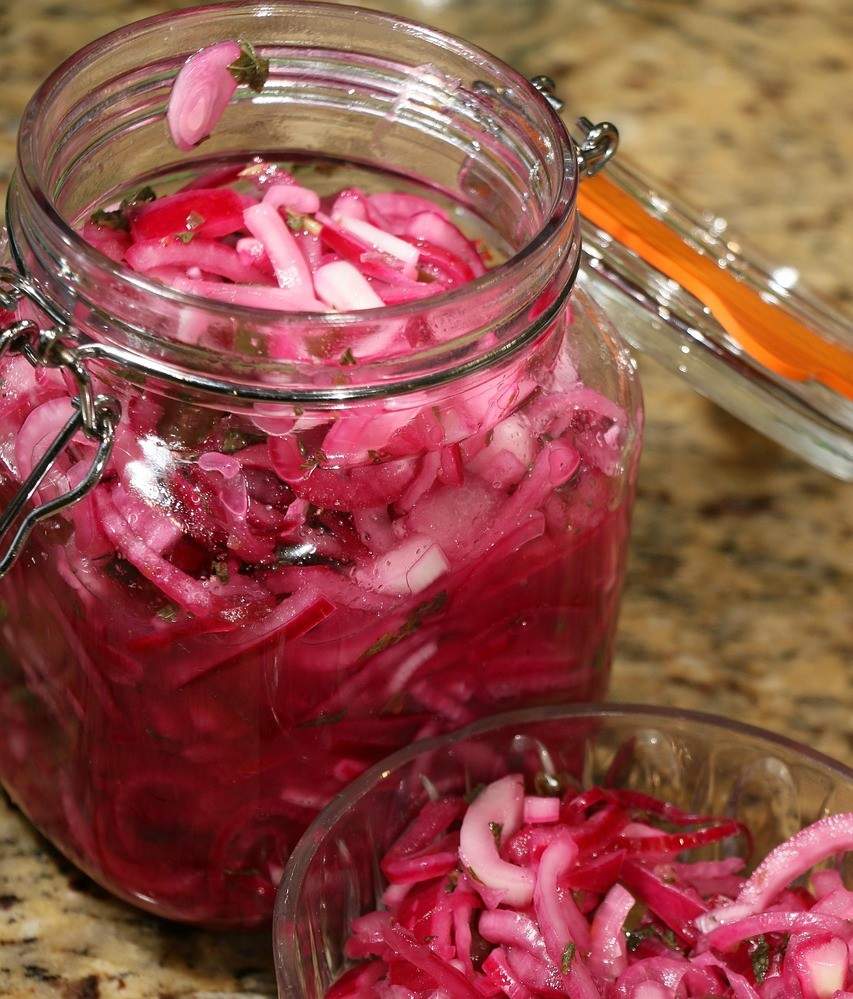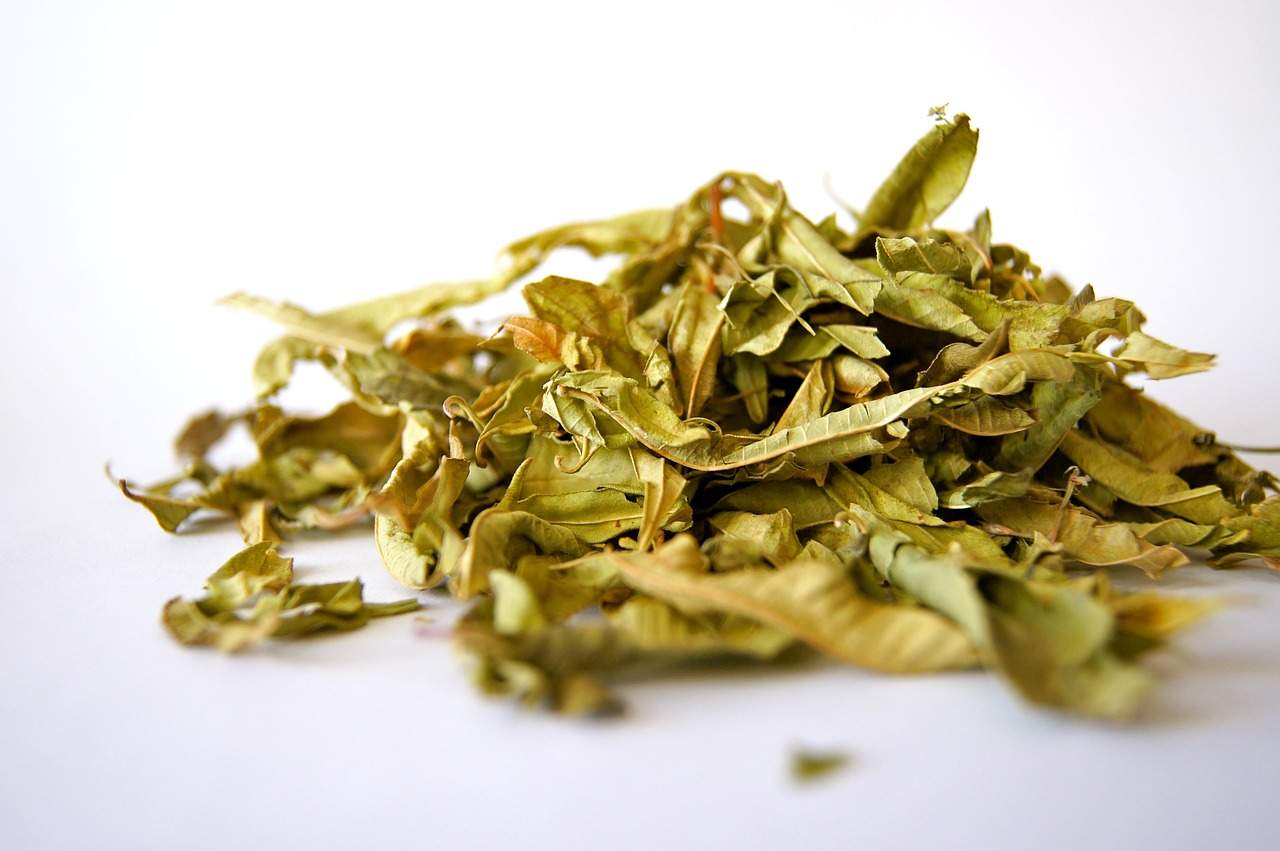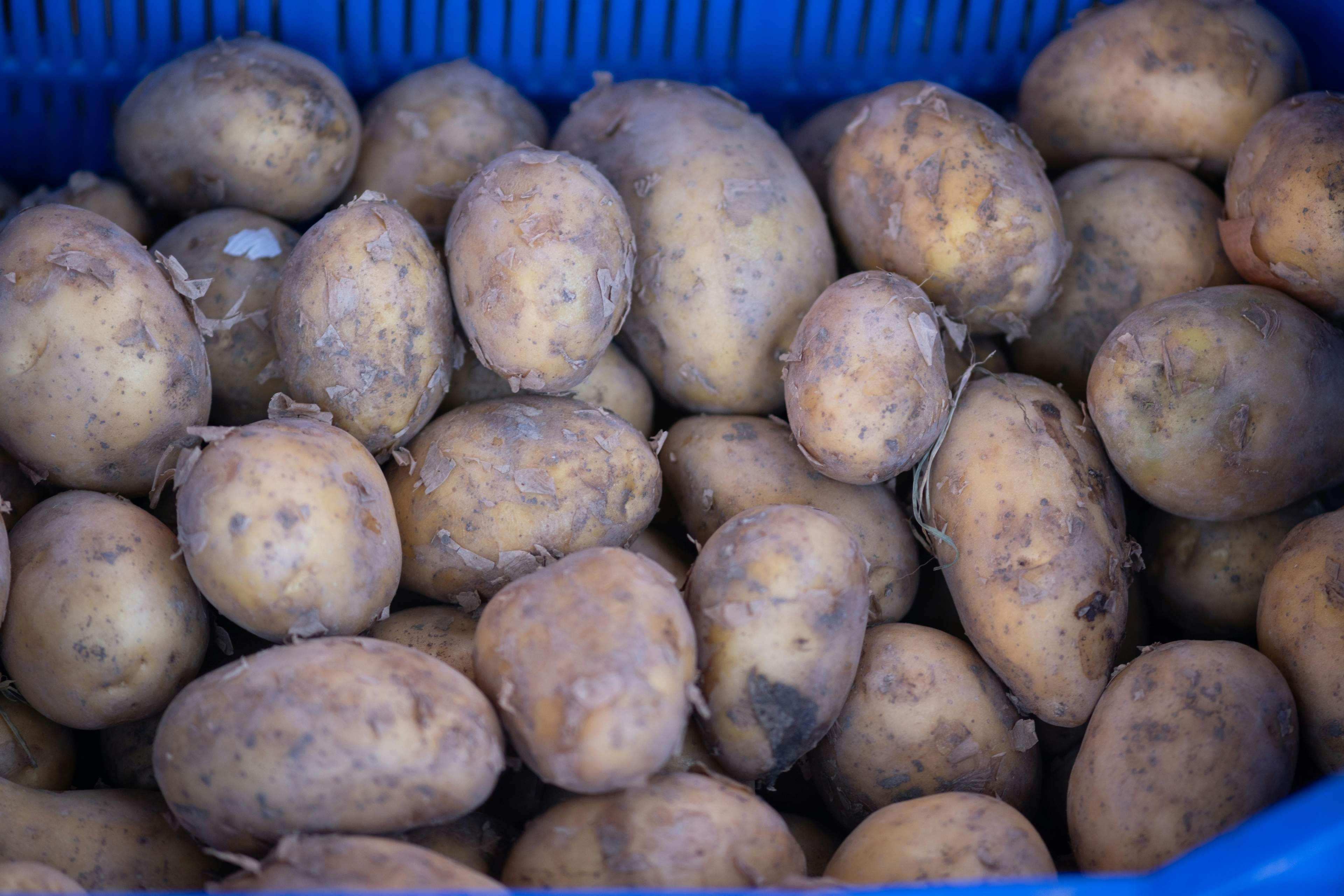There’s nothing quite like autumn’s bounty of hearty veggies, herbs, and fruit. But as the leaves fall and the cold sets in, it’s time to make the farm-fresh magic last for months to come! Read ahead for some of our favorite tips on how to preserve fall produce in Sandisfield, MA.
What's The Best Local Produce This Season?
At Snow Farm and other local farms in Sandisfield, you’ll likely find a colorful and varied selection this time of year, including:
Winter squashes (butternut, acorn, delicata)
Root vegetables like parsnips, turnips, and potatoes
Onions and garlic
Leafy greens like cabbage and kale
Sage, thyme, rosemary, parsley, and other herbs
Crisp apples and pears
Thankfully, these autumn delights preserve beautifully, giving your family fresh Berkshires produce straight through to the next harvest. All you need is a free afternoon and some jars, bags, or bins!
Option 1: Freeze
Freezing a great way to preserve your local Sandisfield produce! Here are a few ways the freezer can give you fresh fall vegetables, fruits, and herbs well beyond the season.
Greens: Blanch your kale, cabbage, or other greens for 2 minutes, then transfer to an ice bath to cool. Squeeze dry, then pack flat in zipper baggies. Perfect for quick sides and soups!
Roasted squash puree: Late fall is the best time for squash in the Berkshires. Halve your squash lengthwise and roast cut-side down at 400 F until tender. Once cool to handle, scoop the flesh into a food processor or blender and puree. Measure portions to freeze, and you’ll have delicious squash for your soups, casseroles, and baking.
Compound butter: Bring your butter game to the next level! Chop or food-process your favorite herbs (basil, chives, rosemary, thyme– anything!), then add softened, unsalted butter and combine. Add salt to taste. For a little extra “oomph,” add a splash of lemon juice! For easy portioning, try putting it in small jars or an ice cube tray to freeze. Works with oil, too!
Stock: Is there anything more cozy and comforting than homemade stock from organic local vegetables? Toss together your excess veggies in a stock pot and simmer as long as you desire for robust, mouthwatering stock for your recipes. The best local vegetables for stock this season include squashes, onions, garlic, leeks, carrots, parsnips, mushrooms, and herbs. Freeze in mason jars or plastic containers and enjoy!
Applesauce: Store bought applesauce has nothing on the homemade stuff. Simmer chunks (peeled or unpeeled) with a splash of cider until soft, then mash. Great as-is, but add extra flair with cinnamon, pumpkin pie spices, or even other fruit like berries and pears. Freeze in jars or zipper bags laid flat, and you'll have your fill of fresh fall apples for months to come. Some of the best cultivars for applesauce include soft, sweet varieties like Fuji, Macintosh, Gala, and Golden Delicious.
Option 2: Pickle/Ferment
Delicious, versatile flavors that make the most of your local root vegetables and other fall produce in Sandisfield! Snack from the jar, use as a condiment, or top your favorite sandwich, salad, or rice dish.
Refrigerator pickles: Prepare a simple brine with equal parts water and the vinegar of your choice (we like white wine and red wine vinegar best). Add 1-2 tbsp sugar, and 1-2 tsp salt per cup of brine. Add some garlic, dill, mustard seed, celery seed, or whatever seasonings you like for extra character. Heat on the stovetop, then pour over your sliced vegetables. Cool, then refrigerate. Ready to eat in a day, lasts for weeks! Great for beets, red onions, carrots, and mushrooms, just to name a few.
Lacto-fermented sauerkraut: Our single favorite way to prepare our fresh Berkshires cabbage. Shred it, then toss with salt (2% by weight is a good benchmark). Pound until nice and juicy, then pack tightly under its brine in a jar. Keep in a cool, dry place and burp occasionally. Ready in 1-3 weeks, move to the fridge when the taste is just right for your preferences. Excellent on sandwiches or served alongside our local, organic sausage!
Option 3: Dehydrate
A classic preservation option, dehydrating ensures your local Sandisfield produce lasts for weeks or months in the pantry. Get ready for savory herb mixes and mouthwatering snacks that capture that fall-fresh feeling.
Apple chips: There's hardly a flavor more "autumn" than locally grown apples in the Berkshires. Core and thinly slice, then dip in lemon water to prevent browning. Dry in a low oven or dehydrator at 175 F until leathery (about 8 hours). Store in jars with a desiccant packet. Great for all cultivars! Eat as-is or add to yogurt, trail mix, and oatmeal.
Herbs: Extend the life of your favorite fresh herbs! The best way to preserve most herbs is to tie the stems in a bunch and hang upside-down in a dim, dry place like your kitchen pantry for 7-10 days (or longer). When fully dried, strip the leaves and leave whole or crush. Want faster drying? The dehydrator works, too! Toss them in at a low heat (about 75-115 F) for a few hours, usually 1-4 does the job.
TIP: These shine in an herbed salt mix! Try combining 1 cup of flaky salt with ½ cup of your dried herb with a little lemon zest. Keeps at room temp and adds fantastic extra flavor to your dishes.
Mushroom Jerky: Fall mushrooms in the Berkshires can't be beat. Snow Farm and other local farms often sell coveted wild varieties like maitake and oyster, but their season is short. Make them last with this deceptively simple and delicious vegan jerky recipe! Slice your mushrooms thinly, then marinate for 1-2 hours (1 tbsp soy sauce, 1 tbsp oil, 1 tbsp maple syrup, ½ tsp smoked paprika, and a pinch of garlic powder and black pepper). Blot dry, then dehydrate at 135-145 F until leathery and chewy, about 3-6 hours.
Option 4: Root Cellar Basics
Many types of local fall produce will sit just fine as-is in the right temperature and environment. Even if you don’t have a dedicated “root cellar,” you can make one out of any cool, dark, and moderately humid space in your home. Ideal for keeping potatoes, carrots, parsnips, cabbage, squashes, alliums, and others. Here’s how to make it work:
Aim for a space that stays around 32-50 degrees F but never dips below freezing. Mudrooms, basements, and insulated garages are often great options.
Store different types of produce separately. Onions and garlic can speed up sprouting of potatoes and other veggies.
Sand/peat trick: Try nesting unwashed root vegetables in a container of slightly damp sand. This helps keep them crisp for months!
Squashes should be kept a bit warmer around 55-60 degrees with decent air circulation. Check often and eat any with soft spots first.
Let's Get Started!
Don’t have all your locally grown fall produce yet? Our Sandisfield farmstand is overflowing with autumn goodness! Stop by Snow Farm Tuesday through Saturday from 9am - 3 pm or catch us at the Great Barrington Farmer's Market every Sunday through the end of the season.
Want to skip these steps and go straight to the end product? We have plenty of pickles, slaws, herb mixes, and more, made from our own farm-fresh fruits and vegetables. Always organic and made right in our farmhouse kitchen!
